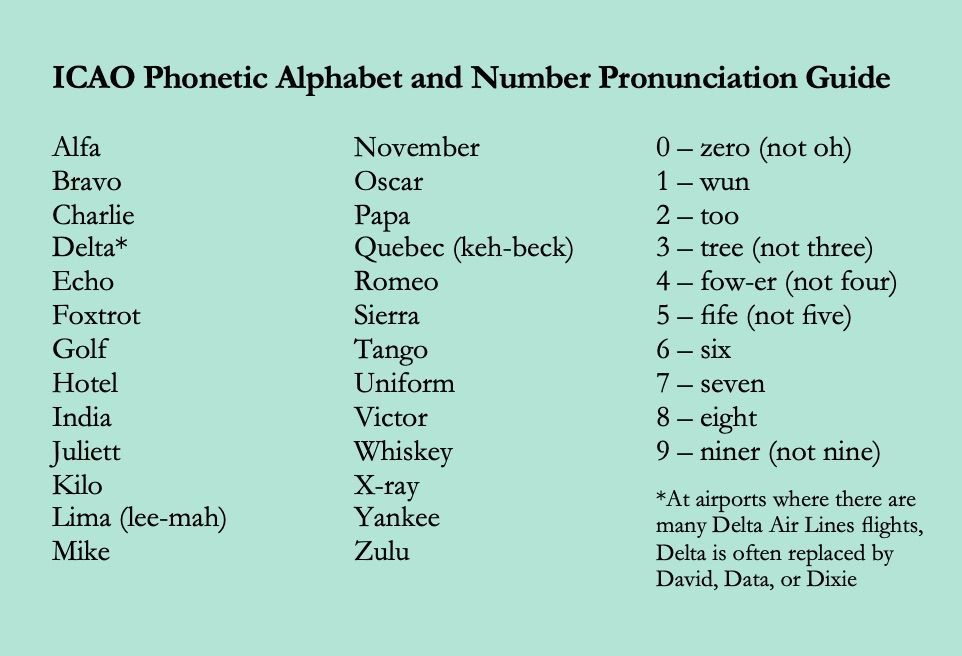Red Flags That You Should FIRE Your Flight Instructor
To save time, money, aggravation – and possibly your life

In aviation, safety risk management is Job One, which must be taught and reinforced in from Day One. Haphazard methods and hazardous attitudes kill.
How to spot these as a student pilot? Watch for red flag behaviors in your flight instructor’s technical and interpersonal skills, also called hard and soft skills. Note that intrinsic characteristics like age, gender, race, or nationality are NOT red flags – behaviors are.
Hard Skills of a Flight Instructor
Even the best pilot in the world isn’t helpful if they don’t know how to teach you in an organized and professional manner. A mediocre instructor could be modeling lax habits and failing to teach you vital skills. A careless or incompetent instructor can lead to your death.
Watch for these red flags:
🚩 Doesn’t contact you ahead of time about being late for a lesson, the aircraft or weather not being suitable for the lesson, or a cancelled lesson.
🚩 Doesn’t introduce you early on to the FAA Airman Certification Standards, which defines the expectations to achieve the pilot certificate or rating.
🚩 Doesn’t provide a syllabus or a preview of the upcoming lesson so you can prepare.
🚩 Skips the preflight briefing, when they should outline the plan and explain the maneuvers for that day’s flight lesson, prior to going flying.
🚩 Doesn’t follow a lesson plan, rather seems to “wing it” and "make it up on the fly”.
🚩 Skips the post-flight debrief, which is important to recap what was just taught, provide feedback about skill level and areas to improve, answer questions, and outline what's ahead for the next lesson.
🚩 Gives harsh and deflating criticism, rather than useful critiques you can build on.
🚩 Prioritizes their career development over your training. Example: The “lesson” includes cross-country or night flying, but you don’t receive specific instruction about flying in these conditions. (The instructor is using your time and money for their own time-building, to flesh out THEIR logbook.)
🚩 Responds to mistakes with obvious impatience, frustration, or anger.
🚩 Can’t or won’t answer your questions related to aviation knowledge or skill. (Saying “I’ll research that and get back to you” is okay; criticizing you for asking or otherwise avoiding your questions is not okay.)
🚩 Blames you for not catching on quickly to new concepts or for not progressing faster.
🚩 Doesn't use a different instructor for stage checks.
🚩 Discourages you from flying with other instructors.
🚩 Seems cavalier about adverse weather, or the fuel loading or mechanical condition of the aircraft.
🚩 Doesn’t model sound Aeronautical Decision-Making or have their own personal minimums, and doesn’t help you with yours. Examples: Flies while sick or when weather conditions are beyond their minimums, displays “get-there-itis”.
🚩 Expresses disdain for safety practices and acts as if the rules don’t apply to them. Violates Federal Aviation Regulations, and encourages you to do the same, such as lying on your FAA medical application.
Soft Skills of a Professional Pilot
A flight instructor with great soft skills sends you home from each lesson feeling eager for the next one. Another might leave you feeling intimidated by the flying and of them. Unprofessional conduct, insensitivity to others, and poor people skills might point to a lack of emotional or brain maturity. Or could be warning signs of a difficult personality, a sociopath, or a predator. Be alert for any abuse of power, since you are on the vulnerable side of the teacher-student dynamic. These factors not only disrupt your flight training, they can jeopardize your physical safety.
Watch for these red flags:
🚩 Texts or takes photos/videos during critical phases of flight that distract from safe flight operations. Examples: Taxi, takeoff, landing, low altitude, busy airspace.
🚩 Posts images of you on social media without your consent.
🚩 Persists in discussing sensitive topics like sex, race, religion, or politics.
🚩 Uses derogatory terms or shows bias against those historically excluded from aviation – women, BIPOC, and LGBTQ people.
🚩 Belittles, berates, or disparages you. Calls you names.
🚩 Yells. Hits. Throws things. .
🚩 Discusses highly personal topics, such as over-sharing about their loneliness. Asks highly personal questions, prying about your relationship status, where you live, your daily routine.
🚩 Suggests moving to a private messaging platform like Snapchat; sends messages with implied or obvious sexual content.
🚩 “Accidentally” touches you or invades your personal space more than once.
🚩 Asks to meet outside of the training environment. Hits on you. Requests sexual favors. Harasses you. (Due to the power dynamics, it is not appropriate for an instructor and student to date, even if consensual.)
🚩 Bullies you into doing something you don’t feel ready to do.
🚩 Spreads false rumors about you. Exposes you to public ridicule or contempt.
🚩 Displays an arrogant, know-it-all, cocky, or macho attitude. Takes unnecessary risks to show off. (Any gender can display this.)
🚩 Shows signs of "hard partying", heavy drinking, or drug use.
Your Responsibility as Student
As a student, you are the paying customer and the flight instructor is working for you. But you must do your part. Show up for each lesson prepared and respect the valuable resource that is a professional flight instructor. From there, do not hesitate to set boundaries, advocate for yourself, and FIRE an instructor who persistently shows red flags. If the situation includes bias or harassment, refer to the Halt Harassment in Aviation Checklist.
As you progress towards being a professional pilot, focus less on checking boxes and building hours and more on acquiring critically important skills, hard and soft.
If you become a flight instructor, be the conscientious and professional instructor you had, or wish you had. And watch for these same red flags in your students, because you can fire your student, too — and sometimes you should!
May your dreams take flight!
Sincere thanks to these professional aviators for their contributions to this article: L.C., M.J., J.C., J.D., A.F., B.S., and R.W.
© 2023 Jenny Beatty. All Rights Reserved.
Photo credit: Pejft









